SUMMARY
This is AI generated summarization, which may have errors. For context, always refer to the full article.
(UPDATED) MANILA, Philippines – On Wednesday, December 26, accounts on Facebook and YouTube posted and shared a video of Australian Warren Rodwell, kidnapped by the Abu Sayyaf from his home in the southern Philippines a little more than a year ago.
In the newest video recorded Sunday, December 16, Rodwell looks noticeably thinner than the last proof-of-life video taped exactly 9 months ago on March 26.
Rodwell holds up a copy of the Philippine Daily Inquirer from Saturday, Dec. 15, 2012. Wearing a black t-shirt, his hair is cropped short, his cheeks sunken. He speaks with a weary air.
“This video clip today is to say that I am alive,” Rodwell tells the camera. “I am waiting to be released. I have no idea what’s going on outside. I am just being held in isolation.”
Facebook now connects more than a billion accounts globally while YouTube is the world’s second largest search engine. Both have been used by members of Filipino extremist groups, including the Abu Sayyaf and the Rajah Solaiman movement to recruit and spread their ideology.
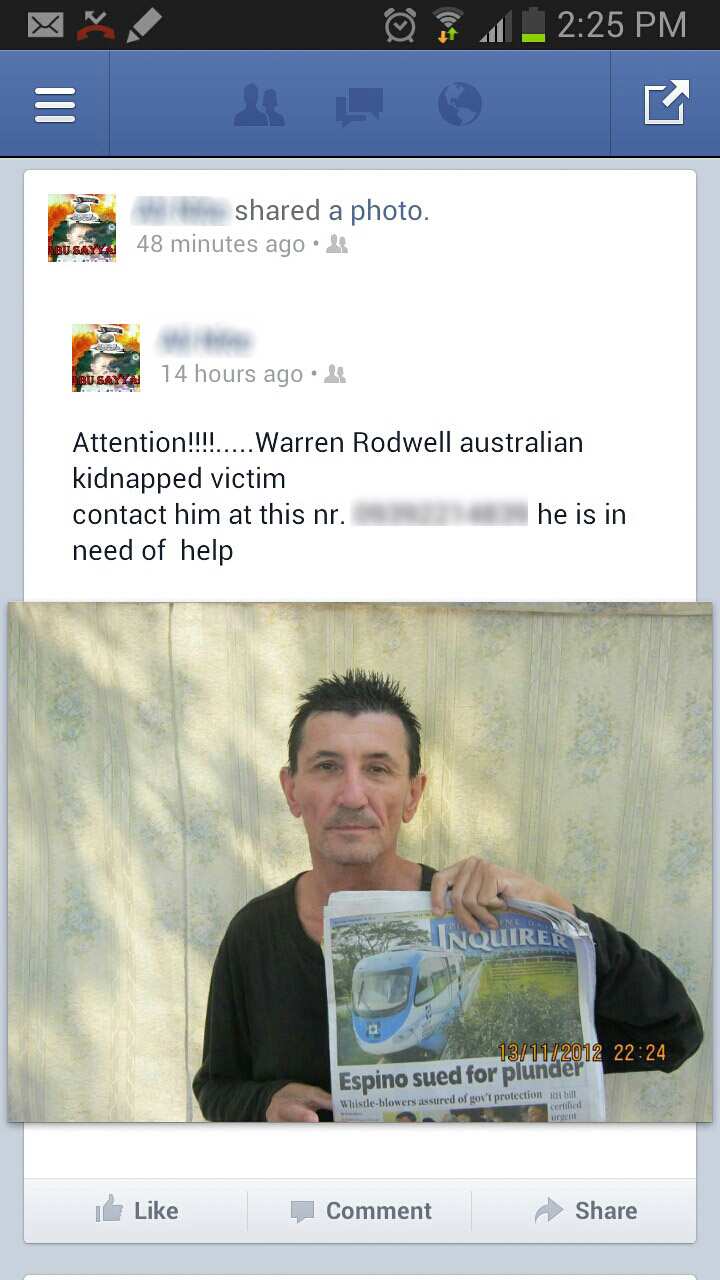
According to intelligence sources in Southeast Asia, the region’s most wanted terrorist, Malaysian Zulkifli bin Hir, also known as Marwan, led a recently killed Malaysian JI member to his hideout in the southern Philippines through a Facebook account. A leader of Jemaah Islamiyah and Kumpulan Mujaihidin Malaysia, Marwan maintains a Facebook account through which he asks like-minded friends to join his jihad.
In the newest video taped Dec. 16, 2012, Rodwell speaks in front of a light, patterned sheet with light-blue flowers to hide his location.
A Philippine intelligence document obtained by Rappler showed that as of Aug 15, 2012, Rodwell was being held by the Abu Sayyaf in Al-Barka, Basilan, the site of the controversial killing of special forces soldiers in November, 2010. Earlier in the year, there were reports he had been moved to Sulu.
Authorities said Radullan Sahiron, the senior-most leader of the Abu Sayyaf based in Jolo, turned the kidnappers of Rodwell away. Sahiron has led many kidnap-for-ransom cases, including Ces Drilon and the ABS-CBN team in 2008. Authorities said he is involved with or provides protection to the kidnappers of 2 European birdwatchers, a Jordanian journalist who has interviewed Osama bin Laden, a Japanese and a Filipino, among others.
Warren Richard Rodwell, 54, was kidnapped from his home in the southern Philippine town of Ipil, Zamboanga del Sur on Dec 5, 2011.
A photo was sent to his Filipina wife, Miraflor Gutang, in January. Authorities said the kidnappers initially demanded P1 million (about US$23,000) in ransom, but in the first video also sent in January, the demand went up to US$2 million.
“I do not expect to be released before the year 2013 at the earliest,” Rodwell says in the video released a day after Christmas. “I personally hold no hope at all for being released. I do not trust the Abu Sayyaf. I do not trust the Australian government.”
Difficult negotiations
Sources in western and Philippine intelligence told Rappler negotiations have been difficult largely because it’s unclear who will lead it. Leadership has shifted, and there seem to be differing goals and tactics employed by at least two agencies: the Australian Federal Police and the Australian Secret Intelligence Service.
The Australian government refused to comment on this. (Update: Australia’s Minister of Foreign Affairs Bob Carr released a statement on Thursday, December 27,2012)
Rodwell’s family in Australia said they have gotten little word about his condition. A cousin wishing to be identified only as Susan is asking for public donations for his ransom fund.
“He had a tough upbringing and his military training would have equipped him with determination and resilience,” said Susan. “We are hopeful that those qualities will in some way wear down his captors.”
More than a year after his kidnapping, Rodwell seems angry but resigned. He ends his statement with 3 telling sentences.
“I just don’t trust anyone. Personally I don’t care,” says Rodwell. Then he looks at the camera and asks the kidnapper shooting the video: “Is that it?”
Here is his statement in full:
“My name is Warren Richard Rodwell from Australia. Today is Sunday, Dec. 16, 2012. This newspaper is Saturday, Dec. 15, 2012. I’m being held prisoner, kidnapped by Abu Sayyaf, Muslim terrorist group for over 1 year – actually 53, 54 weeks today. I was kidnapped on Dec. 5, 2011.
This video clip today is to say that I am alive. I am waiting to be released. I have no idea what’s going on outside. I’m just held prisoner in isolation. Again, I am alive. It’s 378 days, I think – something like that. The newspaper is from the Philippines. If any … – I understand there are some negotiations. I do not get information, updated information. The people around me normally don’t speak English. I understand something is happening but I don’t know when.
I do not expect to be released before the year 2013 at the earliest. I personally hold no hope at all for being released.
I do not trust Abu Sayyaf. I do not trust the Australian government. I just don’t trust anyone. Personally, I don’t care.
Is that it?” – Rappler.com
Maria A. Ressa is the author of Seeds of Terror and 10 Days, 10 Years: From Bin Laden to Facebook. She led negotiations against the Abu Sayyaf in the 2008 kidnapping of Ces Drilon, Jimmy Encarnacion and Angelo Valderrama.
Add a comment
How does this make you feel?



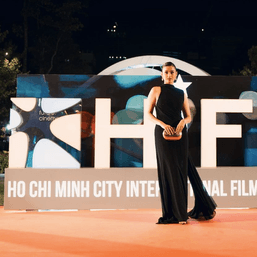
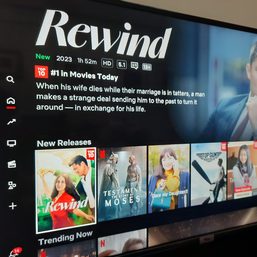
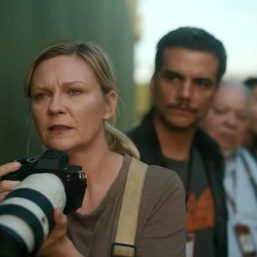
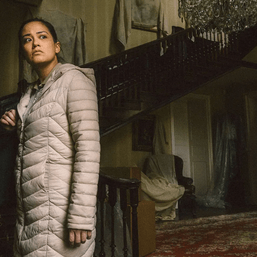
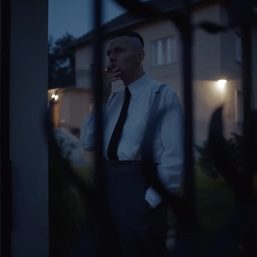

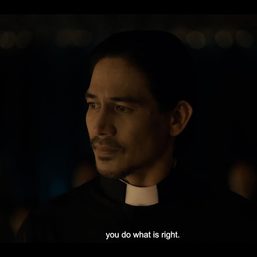
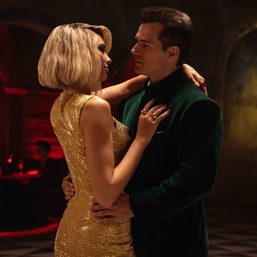
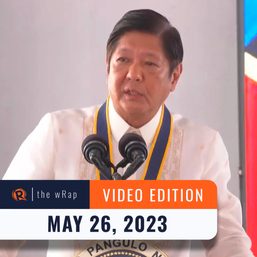

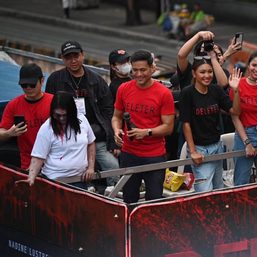
There are no comments yet. Add your comment to start the conversation.